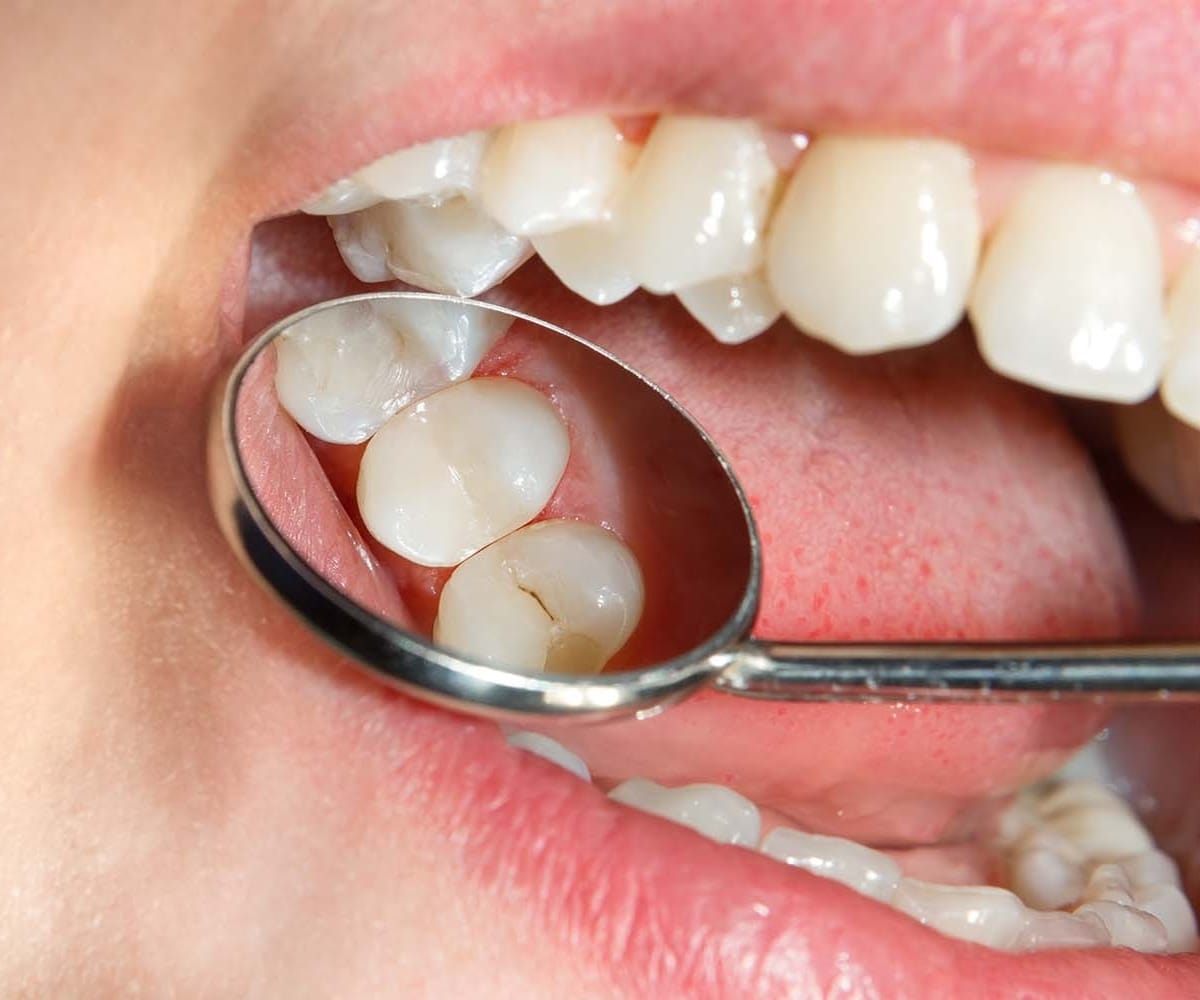Composite Filling : The Ultimate Guide to Tooth-Colored Dental Restorations
Composite Fillings a Comprehensive Guide
Introduction
If you’ve had a cavity, you know how important fillings are. Composite fillings are popular for their attractiveness and efficacy. Maintaining a healthy and appealing smile requires understanding composite fillings and their benefits. Let’s discuss composite fillings and why they may be perfect for you.

What’s Composite Filling?
The Definition and Composition
Plastic and tiny glass particles make composite fillings or tooth-colored fillings. They beautify decaying teeth and provide a natural alternative to fillings. Composite material attaches to teeth, providing a secure and permanent solution.
Comparison to Other Fillings
Composite fillings match your natural teeth, unlike amalgam fillings, which are silver. This makes them ideal for front teeth.
Advantages of Composite Fillings
Cosmetic Appeal
Composite fillings may match your teeth, which is a major benefit. This makes them inconspicuous and ideal for smile-conscious people.
Strength and Durability
Composite fillings are beautiful, robust, and enduring. When maintained, they can survive gnawing and last long.
Use Versatility
Composite fillings may fill cavities, repair damaged teeth, and close gaps between teeth. This makes them adaptable for various dental restorations.
Applying Composite Material
A unique light shapes and hardens each composite layer. The dentist layers the filling to meet your tooth’s shape.
Curing/polishing
Use a curing light to solidify the filler when all layers are in place. The dentist polishes the filling to make it seem natural and mix with your teeth.
Avoiding Filling-damaging Habits
Chewing ice or opening items with your teeth might harm composite fillings. Avoid these habits to keep your fillings working.
Regular dental exams
Maintaining composite fillings requires regular dental visits. Your dentist can spot problems early and address them to keep your mouth healthy.
Common Composite Filling Issues
Sensitivity
Composite fillings may cause sensitivity to hot and cold temperatures. Within weeks, this goes away. If sensitivity continues, see a dentist.
Discoloration
Coffee, tea, and tobacco stain composite fillings over time. Regular cleanings and avoiding staining meals and beverages help preserve their look.
Wear and Tear
Composite fillings are robust, but they may wear out if you grind or bite hard. Regular exams may detect and repair filling deterioration.
When to Replace Composite Fillings
Signs of Replacement
Visible wear, fissures, or loose fillings may show the need to replace them. Sensitivity or pain in the filled tooth may signal replacement.
The Replace Process
Remove a composite filling, clean the cavity, and fit a new one. The dentist will make sure the new filling fits and looks natural.
Composite Filling Cost
Factors Affecting Cost
Composite filling prices depend on size, location, dental expertise, and materials. Discuss pricing with your dentist to prepare.

Coverage Insurance
Dental insurance often covers composite fillings for front teeth. Discuss your insurance coverage and out-of-pocket costs with your physician.
Children’s Composite Fillings
Safe and Effective
Pediatric composite fillings are safe and effective. They seem natural and help restore decaying or damaged primary teeth.
Procedure Adaptations for Kids
To make youngsters more comfortable, dentists utilize terminology and give cartoons or music.
Composite Filling Technology Advances
Improvements in Materials
Composite fillings are stronger, more durable, and stain-resistant thanks to recent advances.
Application Technique Advancements
We can now use digital pictures and 3D printers to make composite fills more accurate and useful. This has sped up the process and made it more comfortable.
Composite vs. Amalgam Fillings
Pros and Cons of Each
Mineral fillings are better than mercury fillings if you want to keep the shape of your teeth. Mercury fillings are cheaper and last longer. The ideal option relies on your dental requirements and preferences.
Composite Fillings, Cosmetic Dentistry
Smile Makeovers Position
Cosmetic dentistry uses composite fillings to restore and improve tooth appearance.
Other Cosmetics
Veneers, bonding, and tooth whitening are cosmetic dental alternatives besides composite fillings. Your dentist may recommend procedures to reach your goals.
A patient testimonial
Composite Filling Experiences
Composite fillings are popular because of their natural appearance and enhanced grin confidence.
Deceptions about Composite Fillings
Debunking Common Myths
Composite filling fallacies include being less durable. Composite fillings are now dependable and effective due to material and process advances.
Info You Should Know
Remember that composite fillings are safe, durable, and attractive. Ask your dentist about composite fillings and debunk any myths.

Summary
Composite fillings are a great choice for natural-looking, durable, and adaptable dental restorations. Discover composite filling advantages, techniques, and care for tooth health and beauty. Ask your dentist about the finest dental treatments to keep your smile healthy.
FAQs
-
How long do composite fillings last?
Composite fillings may last 5–15 years, depending on size, dental care, and tooth grinding.
-
Are composite fillings safe?
Yes, composite fillings are safe. Their plastic and glass materials are biocompatible and effective.
-
Are composite fillings suitable for rear teeth?
Composite fillings work for the front and back teeth. You may mold them to suit your teeth and they can endure chewing pressure.
-
Do composite fillings discolor over time?
Composite fillings discolor when exposed to coffee, tea, red wine, or smoke. Keep them looking nice with regular dental cleanings and oral hygiene.
-
Does composite filling treatment cause pain?
Your dentist will numb the region using local anesthesia, making the operation pleasant. Afterward, you may feel sensitive, but it passes.

